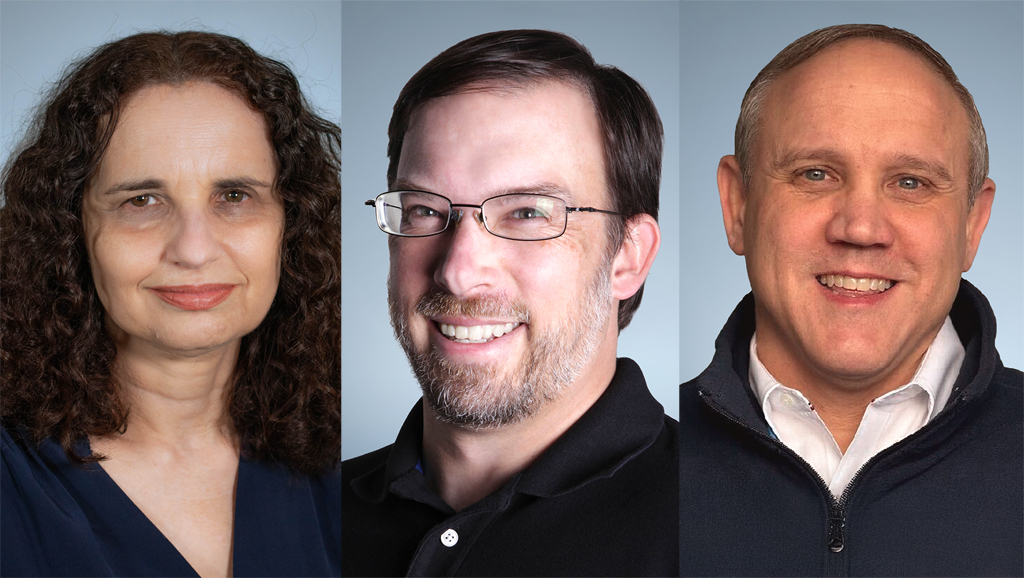The professional video industry's #1 source for news, trends and product and tech information. Sign up below.
You are now subscribed
Your newsletter sign-up was successful
There's a difference between being cable TV MVPD (multichannel video programming distributor) system and a MATV (master antenna TV) system. For the TV Max business in Houston, Texas that difference could end up being $2.25 million.
The FCC issued a news release on Tuesday saying it “proposed a forfeiture of $2.25 million against a company that operates a cable system in Houston, Texas, for retransmitting the signals of six television broadcast stations without their consent.”
The news release said that the FCC's Media Bureau launched an investigation of TV Max, Inc. (which does business as “Wavevision” and other related entities) based on complaints from four major television broadcasters that alleged TV Max had retransmitted their stations' signals without consent.
One of the reasons that the proposed fine is so high is that TV Max continued carrying the stations after the Media Bureau issued them a warning.
TV Max argued that it didn't need retransmission consent because it was operating under the “MATV exception” in the FCC rules. (Under the exception, cable operators do not need broadcasters' consent to retransmit TV broadcast signals to building residents when the signals are received by master antenna (MATV) facilities.)
The FCC release explained that TV Max did not qualify for the exception, as the company proved broadcast signals received at its off-site cable headend, and therefore had to obtain consent for retransmission of the broadcast signals.
An interesting question that comes out of this is whether or not Aereo's assortment of micro-antennas could be considered a “headend,” and what impact that would have on its ability to avoid paying broadcasters retransmission fees.
The professional video industry's #1 source for news, trends and product and tech information. Sign up below.

Doug Lung is one of America's foremost authorities on broadcast RF technology. As vice president of Broadcast Technology for NBCUniversal Local, H. Douglas Lung leads NBC and Telemundo-owned stations’ RF and transmission affairs, including microwave, radars, satellite uplinks, and FCC technical filings. Beginning his career in 1976 at KSCI in Los Angeles, Lung has nearly 50 years of experience in broadcast television engineering. Beginning in 1985, he led the engineering department for what was to become the Telemundo network and station group, assisting in the design, construction and installation of the company’s broadcast and cable facilities. Other projects include work on the launch of Hawaii’s first UHF TV station, the rollout and testing of the ATSC mobile-handheld standard, and software development related to the incentive auction TV spectrum repack. A longtime columnist for TV Technology, Doug is also a regular contributor to IEEE Broadcast Technology. He is the recipient of the 2023 NAB Television Engineering Award. He also received a Tech Leadership Award from TV Tech publisher Future plc in 2021 and is a member of the IEEE Broadcast Technology Society and the Society of Broadcast Engineers.
